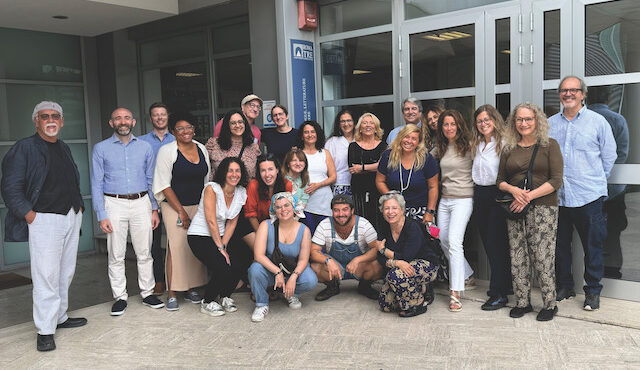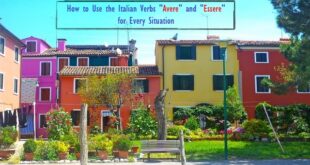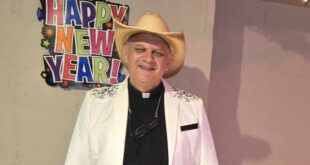Can two centuries of Italian diaspora across the globe fit into a 30-second sound bite or a 280-character tweet?
“No, no and no again,” say the faculty of the fourth edition of the Italian Diaspora Studies Summer Seminar. Sponsored by the John D. Calandra Italian American Institute and Roma Tre University, the session took place in Ostiense, a southern quarter of Rome. The 16 participants arrived from Turkey, Canada and Italy, and from California, Colorado, Indiana, New York, Oklahoma and Pennsylvania in the United States.
The IDSSS is the dream child of a team of innovative scholars who have supported Italian-American studies programs on the undergraduate and graduate levels in their efforts to examine this mass scattering of Italians.
The three-and-a-half-week intensive experience features several disciplines: cinema, diplomacy, history, language, literature, psychology and sociology. Participants include journalists, teachers of Italian and Ph.D. candidates who arrive with long- and short-term projects — such as essays, memoirs, scholarly research and teaching materials — to push the conversation to the public via high school and university classrooms.
The three coordinators — Distinguished Professor Fred Gardaphe and Dean Anthony J. Tamburri of the Calandra Institute, and Associate Professor Sabrina Vellucci of Roma Tre University — have garnered a reputation for “making things happen” in this multi-disciplinary field on both sides of the Atlantic.
Since 2018, when many of the organizers met in Melbourne, Australia, the interest has increased exponentially; three subsequent editions of that conference followed, with the fifth taking place in December 2024 in Genova, Italy.
“A number of previous fellows have returned to their home institutions and offered courses on Italian-American studies for the first time at their respective institutions,” Tamburri reports.
Among the benefactors that support the IDSSS are the Alexandra De Luise Gift, American Association of Teachers of Italian, Giambelli Foundation, Italian Language InterCultural Alliance, National Italian American Foundation and UNICO National.
Gardaphe, who specializes in literature, opened his session with: “What happens when you find the American history you are being taught does not reflect your history or your life? Where do you fit in? Where does your family fit in?”
Diasporas are natural phenomena, Gardaphe emphasized, and they aren’t limited to just one group. Italians, Jews, the Irish, Africans, Armenians, Asians, South and Central Americans and Middle Easterners, to name a few, have all arrived on U.S. shores as a result of these mass migrations.
Some were persecuted in their home countries, others left due to economic and social injustice or natural disasters, with new and ongoing scholarship endeavoring to set the historical records straight.
Psychology Professor Donna Chirico of York College in New York posed the tandem questions: How do you identify yourself? New arrivals are expected to subsume their identity: What does it mean to hyphenate? “Right now we are witnessing multiple ‘forced’ diasporas, changing the language of how we speak about diaspora,” she noted. “We’re now using words like ‘expelled,’ ‘massacre’ and ‘annihilation’; forced diasporas are different from leaving by choice.”
Cinematically, Italian Americans have excelled. “Through films, we make and break stereotypes through popular culture,” says Professor Anna Camaiti Hostert, who lives and works in Italy and the United States, teaching at several American universities.
“Italian-American directors have a sense of that aesthetic even if they are not aware of it,” she noted. “They are also good storytellers and have incorporated imagery from their Italian roots and have thus had an impact on American popular culture.”
The research of Professor Charlene Fletcher of Butler University in Indianapolis is revealing how the padrone system brought Sicilians to work side-by-side with African Americans in Mississippi during the 19th and 20th centuries. Professor Cristina Migliaccio of Medgar Evers College is analyzing the digital diaspora of the Neapolitan language as it travels through social and streaming media and may ultimately reshape the cultural images of Neapolitans.
For more about the summer seminar, click here.
The above appears in the November 2024 issue of the print version of Fra Noi. Our gorgeous, monthly magazine contains a veritable feast of news and views, profiles and features, entertainment and culture. To subscribe, click here.
 Fra Noi Embrace Your Inner Italian
Fra Noi Embrace Your Inner Italian







